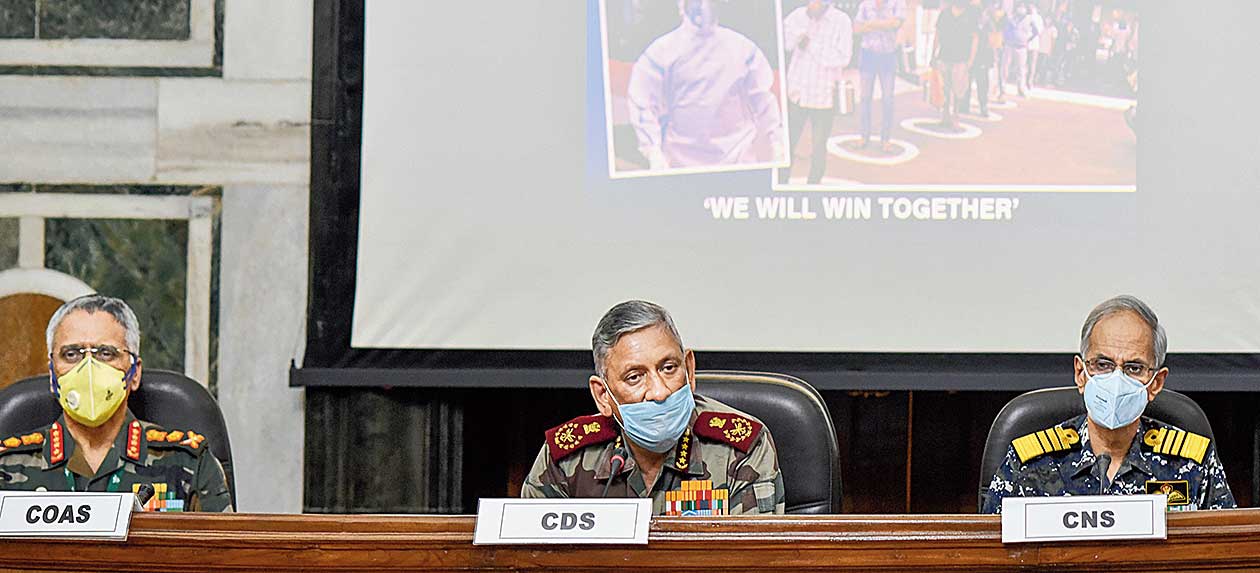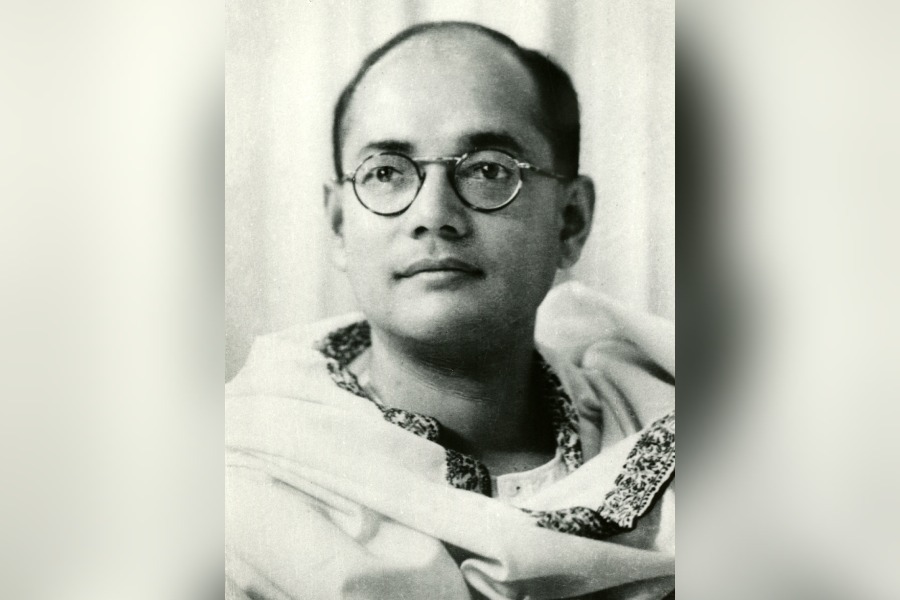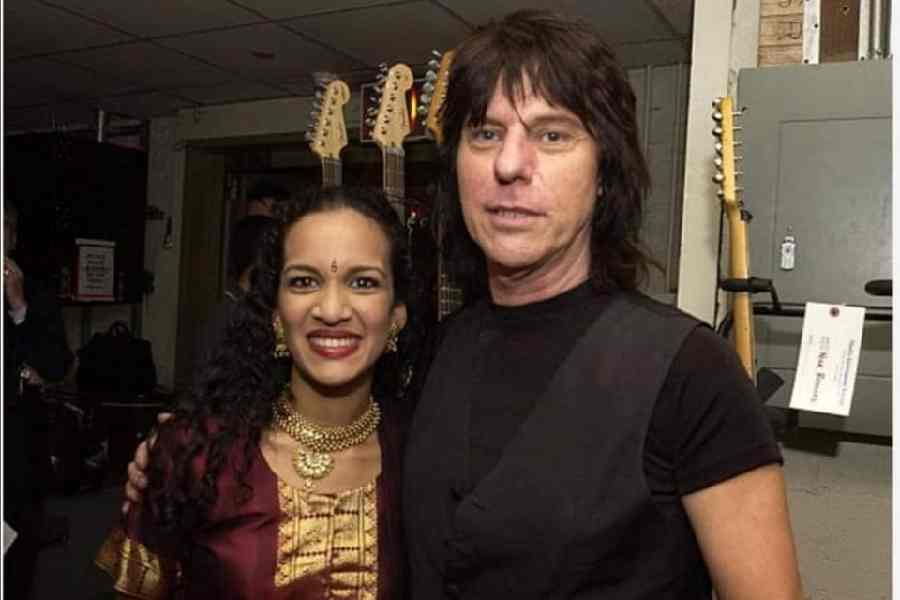As a gastroenterologist and transplant hepatologist, my speciality and commitment to my profession amid the current public health disaster because of Covid-19 demands that I stretch myself in whatever possible way to care for the sick who need healthcare, emergency or otherwise.
Although I am not at the frontline of managing Covid-19, all the doctors from other specialities and I carry an enhanced risk of contracting this infection in community and hospital settings.
I have devised a way to reduce the risk by gradually shifting half of the time with my patients to personalised telemedicine. Many more doctors are joining the bandwagon. Many hospitals are doing this from the start of the lockdown.
But rendering services in hospital against the background of escalating cases in the community is not only a personal call but also a moral responsibility as much as is sustaining your livelihood.
Moreover, those in the government sector are limited by many factors from making such choices and streamlining things as I have been able to do. The same holds true of those practising in small nursing homes, localities and bastis. So far, 100 doctors, 156 nurses and 250 other healthcare providers all over India have tested positive.
In corporate hospitals, the general inflow of patients has reduced drastically and the cash-strapped owners have started keeping the salaries of employees in abeyance.
During my interactions with paramedics, nurses, hospital staff and other healthcare workers (which occupies almost half my day) I see it clearly that they are feeling vulnerable about the possibility that Covid-19 can affect them and their family members while at the same time feeling it a duty to serve humanity.
Needless to say, there are a plethora of issues, all of them grave and demanding urgent as well as sustainable solutions.
The army, the navy and the air force have on innumerable occasions extracted the citizens from danger and pulled the country out of disasters.
In this time of Covid-19, too, the armed forces could have come up with a more substantial and well-thought-out way of thanking the “health heroes” than the mere tokenism of showering flowers, on May 3, on hospitals taking care of Covid-19 patients.
Having seen the earlier deflections of taali, thaali, diya and mombatti, I am not surprised that the Prime Minister has welcomed this superfluous gesture. But my thoughts veer towards the enormous amount of money that will be spent on this exercise, which will cover the length and breadth of the Indian map from Kashmir to Thiruvananthapuram and from the Northeast to Kutch.
I wonder how it will benefit the healthcare workers. More than having flower petals showered on them, they need tangible support in terms of an increment in pay, the safety of PPE, protection from prejudiced attacks by ignorant people and a safe working environment in hospitals so that they can take care of their own “flowers and petals” — their children and the elderly in their families.
The central government needs to focus on these issues. Else, the way the clustering of cases is on the rise in hospitals — which has led to the closure of 20 hospitals so far — it may lead to more closures.
This will necessarily not only break the back of the already strained healthcare system of the country but also result in uncontrolled spread of the coronavirus in the community.
I hope good sense prevails on the chief of the defence staff, Bipin Rawat, and the Prime Minister.










